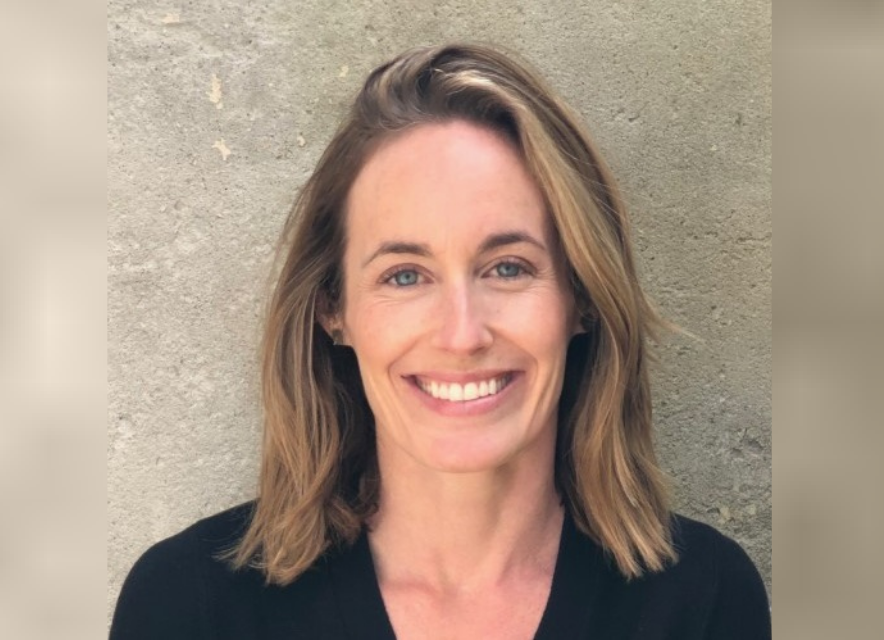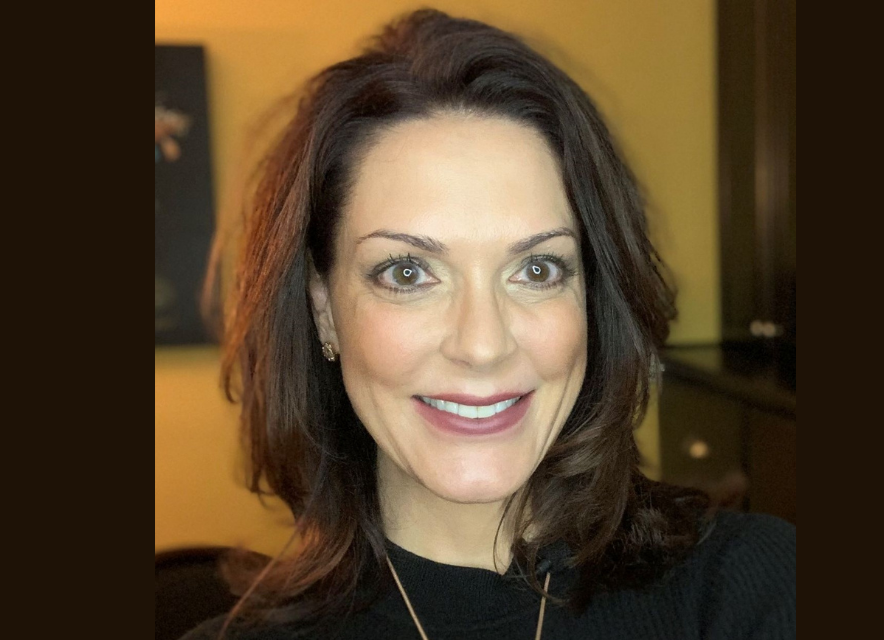Podcast: Play in new window | Download
Subscribe: RSS
Driving more referrals is more about the systems you use than the tactics you employ. Systems not only create a better experience for your clients and prospects but allow you to operate efficiently. Having a formal process to track your referral sources and communicate with referred prospects can make a significant difference. To help take action, we examine the critical referral processes that you can systemize and the importance of CRM to ensure you are both consistent and intentional.
Our conversation includes:
- Systematizing your approach to referrals
- Planning and scheduling communication sequences
- Acknowledging and rewarding referral sources
- Leveraging your CRM to establish consistency
- Communicating the referral process to reduce potential friction
Takeaway Quote:
“It all starts by identifying and then making a plan around your referral sources.”
Want more?
Stephen Wershing:
Website: https://clientdrivenpractice.com
LinkedIn: https://www.linkedin.com/in/stephenwershing/
Twitter: @swershing
Julie Littlechild:
Website: www.absoluteengagement.com
Julie’s Blog: www.absoluteengagement.com/blog
LinkedIn: https://www.linkedin.com/in/julielittlechild/
Twitter: @jlittlechild
Episode Transcript:
Julie Littlechild:
Welcome to another episode of Becoming Referable, the podcast that helps you be the kind of advisor people can’t stop talking about. I’m Julie Littlechild, and this is one of the weeks I look forward to, because I have the opportunity to speak with my wonderful co-host Steve Wershing. And this week is all about getting systematized. It’s one thing to talk about referrals and another thing entirely to have a referral system in place.
Julie Littlechild:
Steve and I discuss how to systematize critical parts of the process, including how you reach out to prospective clients who are referred and how you think, recognize and nurture all of your referral sources. And we examine why it’s also important to not only have a process, but to communicate that to clients in order to reduce the potential points of referral friction. So, we’re getting granular this week by talking about how to connect your big ideas to tangible action. With that, let’s get straight to the conversation. Hey, Steve, it’s good to talk to you.
Steven Wershing:
Julie, always a pleasure. Nice to see you. I love our conversation.
Julie Littlechild:
I know. So, we’re going to dig into some detail today. Sometimes we like to talk at a high level and sometimes we want to get really into it.
Steven Wershing:
Low.
Julie Littlechild:
Low. So, it’s really about systems and this sort of came out of some things I know you believe strongly in that, it’s one thing to say, “I’m trying to increase referrals and I’m going to try this and I’m going to try that. And it’s just a different adventure every day.” But you’re a big believer in taking a more systematic approach to that. Can you tell me a bit about your thinking there and why you see that as so important?
Steven Wershing:
Well, I do. And you’re absolutely correct. Most of the advisors that you and I talk to say, “This is what I’m doing to increase referrals, or this is how I handled referrals.” Everybody’s paying some attention to it, but I know that you and I are both fans of James Clear, who wrote Atomic Habits. One of the things that came out in one of his emails sometime ago was his quote, “If you care about the goal, you’ll focus on the system.” In fact, I’ve got that taped to my wall across from my desk here, because I recognize that a lot of the things that I do, I just need to do it more systematically. I need to have a formal process around it. We’ve had guests on who have said similar things that unless you have a procedure around it, unless you’ve got a system built around it first, it may not get done consistently, it may not get done the way you want it to, but also it’s going to involve more work, because unless you have a system, you can’t delegate.
Julie Littlechild:
Well. Yeah, exactly. The reality is I think we put some of this off because the first time it’s hard. Right?
Steven Wershing:
Right.
Julie Littlechild:
But once you’ve got like, we’ve all had this experience, I had it just this week with something that we do regularly, which takes an enormous amount of time. I did it so quickly, I thought, “Oh, it’s because I put the time in, I get it now. I understand.” So, I know one of the areas that’s an important part of this system is planning and scheduling, getting very consistent and intentional about that. So, when it comes to referrals, what do you think about when it comes to planning and scheduling?
Steven Wershing:
Well, I think of a couple of different aspects to that. First is when we ask a lot of advisors, “When you get a referral, what happens? What do you do with it?” And there are a lot of advisors who come back and say, “Well, I always make sure that I reach out and contact them within the 24 hours, or the first day, or shortly after someone gives me the referral.” Well, that’s great. But if it’s just the one contact and they don’t say yes in that contact, you’re probably missing opportunities.
Steven Wershing:
So, thinking about how you would respond to a contact, there are a couple of different levels of that. So, we talk about planning and scheduling. Well, when somebody reaches out, you might want a sequence of different communications to go out to them. You might want an introductory email, and then you might want to suggest a phone call. Whether or not they decide to pick you up on it, you may want a series of emails or communications to go out that talk a little bit about, “Here’s some things about what we do. And here’s another aspect of this.” Just so that you’re reminding them on a periodic basis and that there are a whole bunch of advantages to that.
Steven Wershing:
First is you get an opportunity over the course of time to describe more thoroughly what you do and what kind of value you can deliver. But you’re also demonstrating that you’re consistent and you stay in touch and that they can count on you to follow up on things.






Leave A Comment